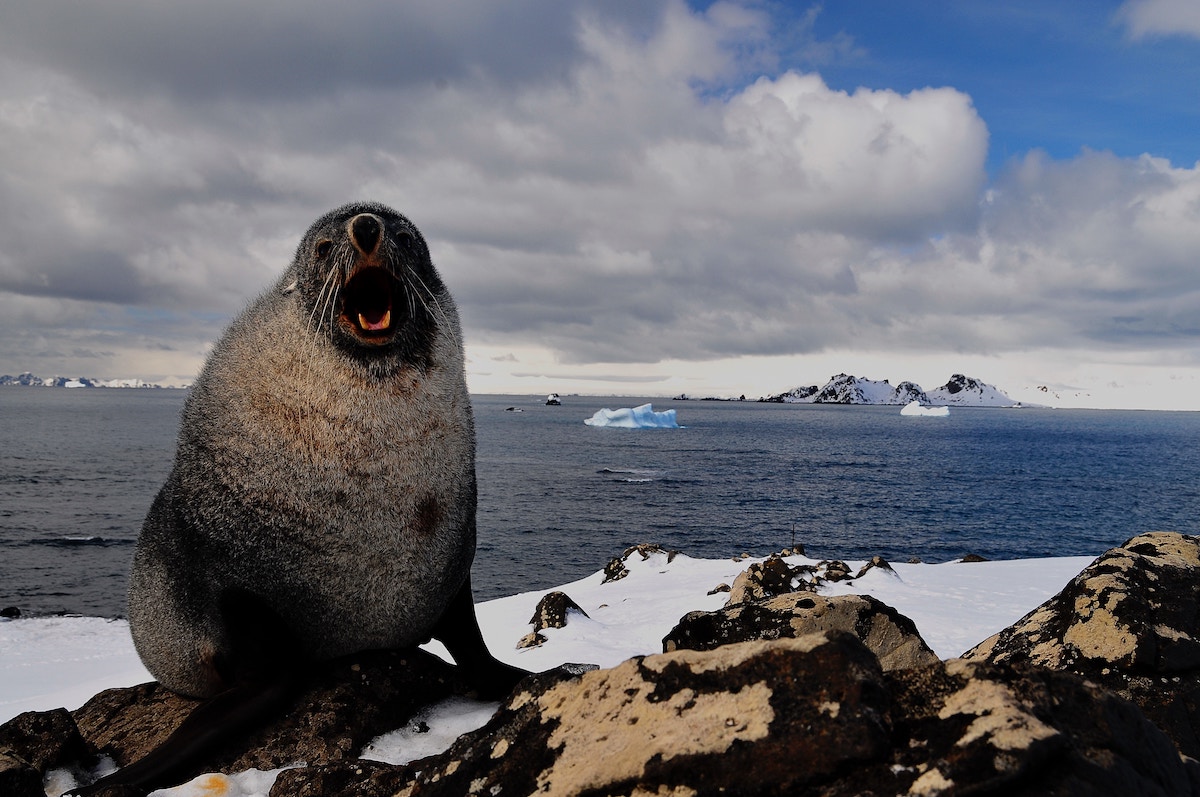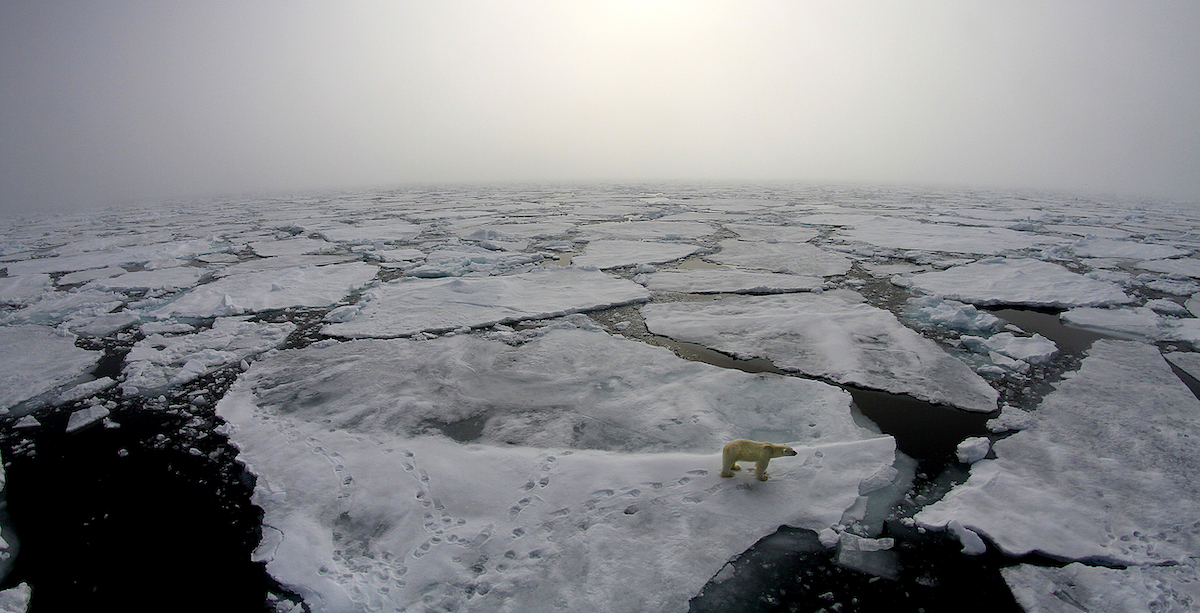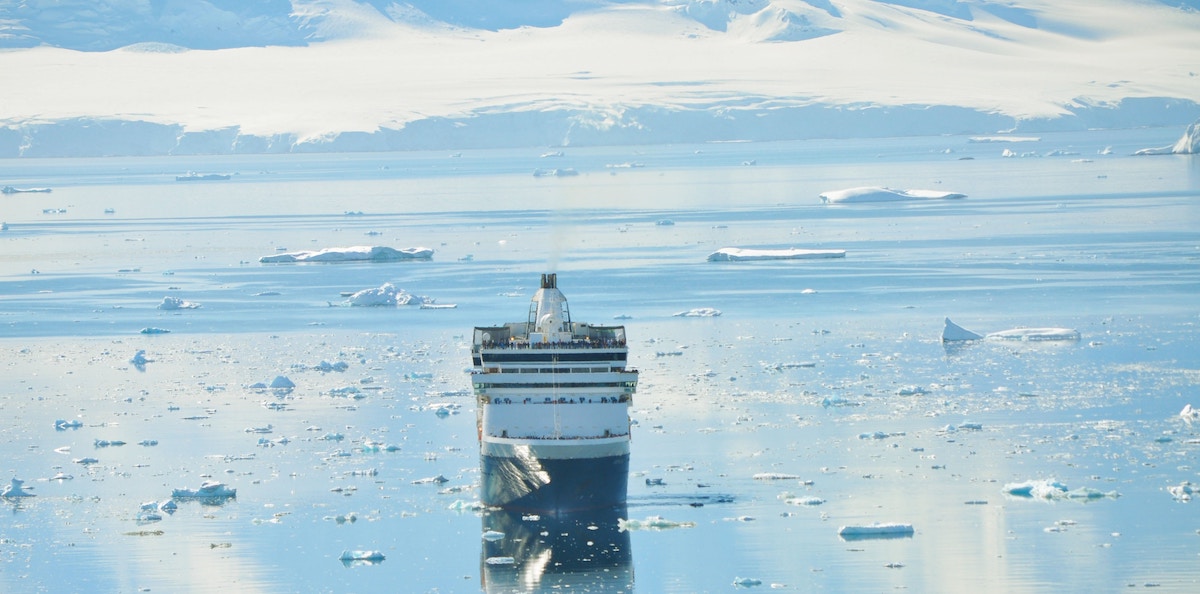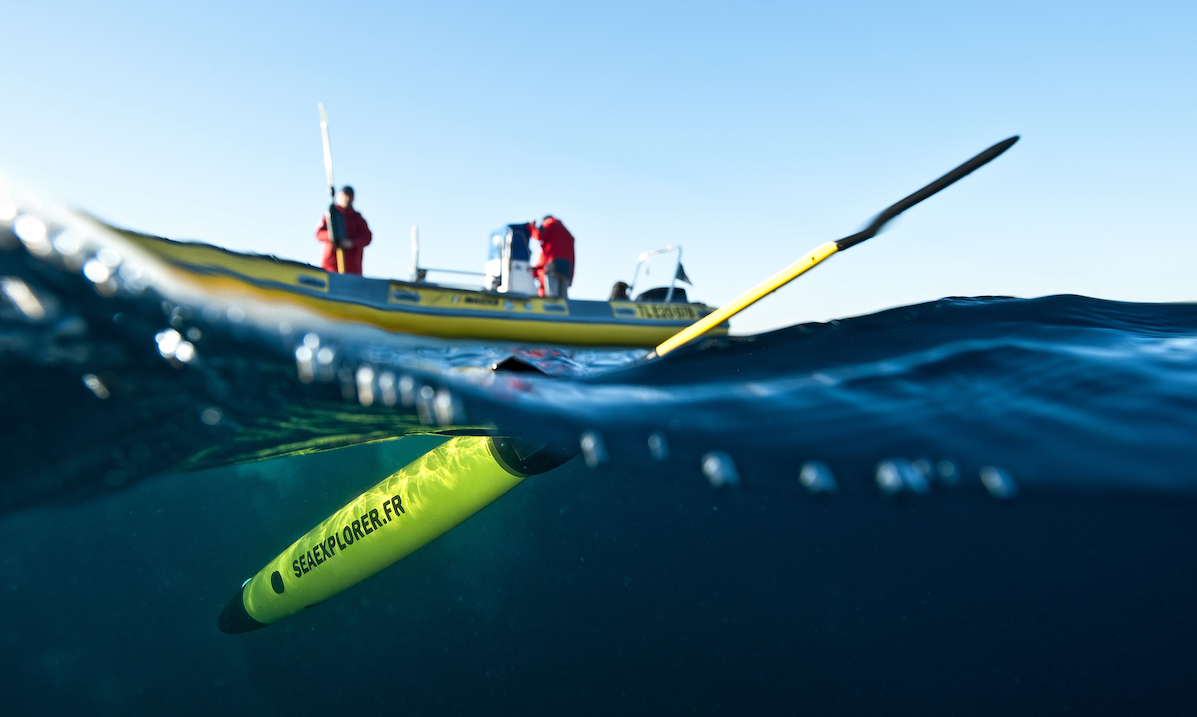-
Research brief: Future directions for the Indian Ocean Observing System

This paper reviews the societal and scientific motivations, current status, and future directions of IndOOS, while also discussing the need for enhanced observations in priority areas.
-
Research brief: Tagged seals unlock secrets of eddy driven transport in Antarctica

Observations from Antarctic seals fitted with scientific instruments have revealed how eddy driven transport may be driving the melting of ice shelves, with consequent impacts on sea-level rise.
-
Research brief: How passive tracers will diffuse on the abyssal ocean floor

CLEX researchers examined the behaviour of a passive tracer released near the seafloor in an idealised two-dimensional flow driven by bottom-enhanced turbulence.
-
Research brief: Lost and found? A search for the Tasman Front

Gabriela Pilo and colleagues find that the Tasman Front is not so much a constant current, as is widely accepted, but switches between being an extension of the East Australian Current and an eddy field.
-
Indian Ocean causes drought and heatwaves in South America

Indian Ocean convection caused a powerful planetary wave that led to a drought in South America and a marine heatwave in the South Atlantic that lasted for months.
-
Research brief: Winter storms accelerate disintegration of sea ice in the Arctic

Winter storms over the Arctic leave a legacy that breaks up the ice, melts it from beneath and has led to constant ongoing decline in old ice that far exceeds the period of the storm itself.
-
Research brief: Indian Ocean played key role in rapid 2016 Antarctic ice decline

Antarctic sea ice had been growing in area since 1979, despite the influence of global warming. Then unexpectedly in the austral spring of 2016, there was a rapid decline. CLEX researchers used multiple runs of a coupled ocean-atmosphere climate model to investigate whether these distant influences played a role and, if so, the level of…
-
Research brief: Experiments on the Monash Simple Climate Model

This study introduces the Monash Simple Climate Model (MSCM) experiment database. The MSCM is based on a simple climate model and provides a wide range of model simulations to illustrate how the climate system works.
-
Research brief: Observations of small ocean eddies in the Arctic using glider technology

Using novel ocean glider technology, a team of researchers from France, Norway, and Australia observed small eddy-like lenses of cold water in July 2017 along the western Svalbard shelf in the Arctic.
-
Research brief: Southern ozone hole observations could improve seasonal forecasts

CLEX researchers find strong correlation between ozone hole size and Australian summer temperatures. While there is no causal link between the two, the changes are driven by the same source – ocean temperatures.
